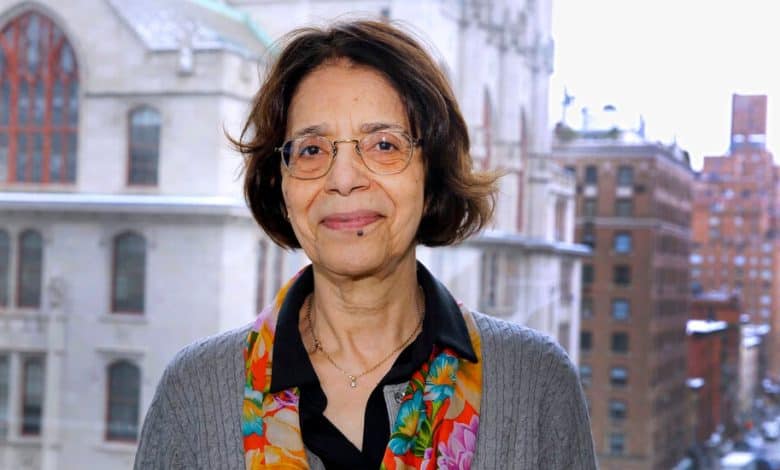Marnia Lazreg, Scholar of Algeria and the Veil, Dies at 83

As a young girl growing up in colonial Algeria, Marnia Lazreg was enjoined by her grandmother to wear a veil, to “protect” herself. Ms. Lazreg refused. She didn’t feel the need for such protection, and the veil wouldn’t provide it anyway.
Decades later, as a Hunter College sociologist, she looked more deeply into an aspect of Muslim society that had haunted her since that childhood moment: Was the veil imposed on women really necessary, from either a religious or a security perspective?
The answer she came up with in a collection of five essays, “Questioning the Veil: Open Letters to Muslim Women,” published in 2009, was the same she had given her grandmother so many years before: a firm negative.
Ms. Lazreg died on Jan. 13 in Manhattan. She was 83.
Her death, in a hospital where she was being treated for cancer, was confirmed by her son Ramsi Woodcock.
Ms. Lazreg’s academic work revolved around the difficult history of her native land, which has struggled to free itself from the legacy of colonialism, the heritage of its bloody war of liberation against France, and the six decades of authoritarian rule still stifling it — rule that she, as a dedicated anticolonialist, was careful not to criticize overtly.
In books that also explored Algerian class structure (“The Emergence of Classes in Algeria,” 1976) and the use of torture by imperial powers (“Torture and the Twilight of Empire,” 2008), among other subjects, Ms. Lazreg grappled with both the complicated heritage of domination by France and the internal conflicts arising in Muslim societies.
